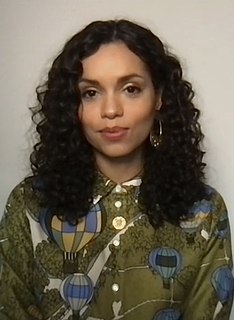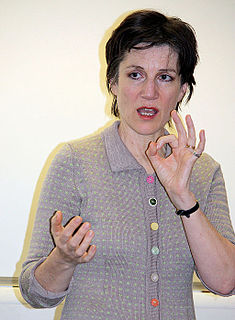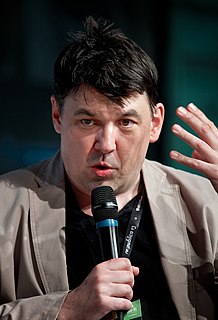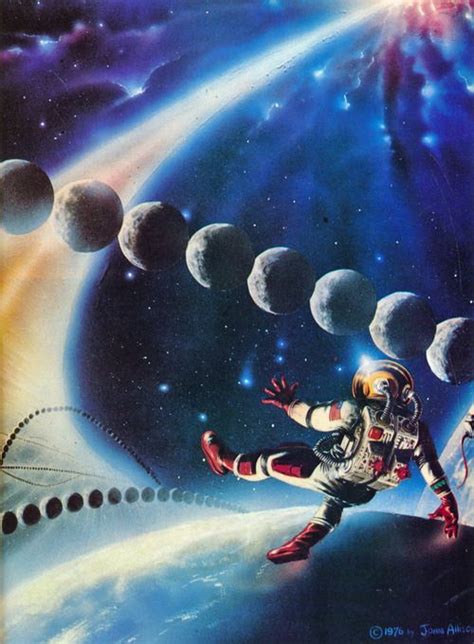A Quote by Georgina Campbell
So many fantastic male characters are brooding, angry, and not nice; that doesn't happen as much with women.
Related Quotes
My brother often complains to me about the 'angry Asian male' in the United States. As a female, I haven't encountered this, but Asian-American men are angry. They're angry because, for so many years, they've been neglected as sex symbols. Asian women have it much easier, I think; we're accepted into various circles.
The bonding of women that is woman-loving, or Gyn/affection, is very different from male bonding. Male bonding has been the glue of male dominance. It has been based upon recognition of the difference men see between themselves and women, and is a form of the behaviour, masculinity, that creates and maintains male power… Male comradeship/bonding depends upon energy drained from women.
Throughout much of history, women writers have capitulated to male standards, and have paid too much heed to what Virginia Woolf calls "the angel in the house." She is that little ghost who sits on one's shoulder while one writes and whispers, "Be nice, don't say anything that will embarrass the family, don't say anything your man will disapprove of ..." [ellipsis in original] The "angel in the house" castrates one's creativity because it deprives one of essential honesty, and many women writers have yet to win the freedom to be honest with themselves.
Comedy in the past hasn't spoken to women because it wasn't written by women, and male writers don't make women three-dimensional characters. Too often, women just facilitate the man's comedy: they're not crazy; they're not funny. But women are as vulgar as they are elegant, as stinky as they are smelling of eau de parfum.

































